iPhone 17 vs iPhone 16 – which entry-level mobile is best?
Apple's new and old base models have a lot of differences
Sign up for breaking news, reviews, opinion, top tech deals, and more.
You are now subscribed
Your newsletter sign-up was successful
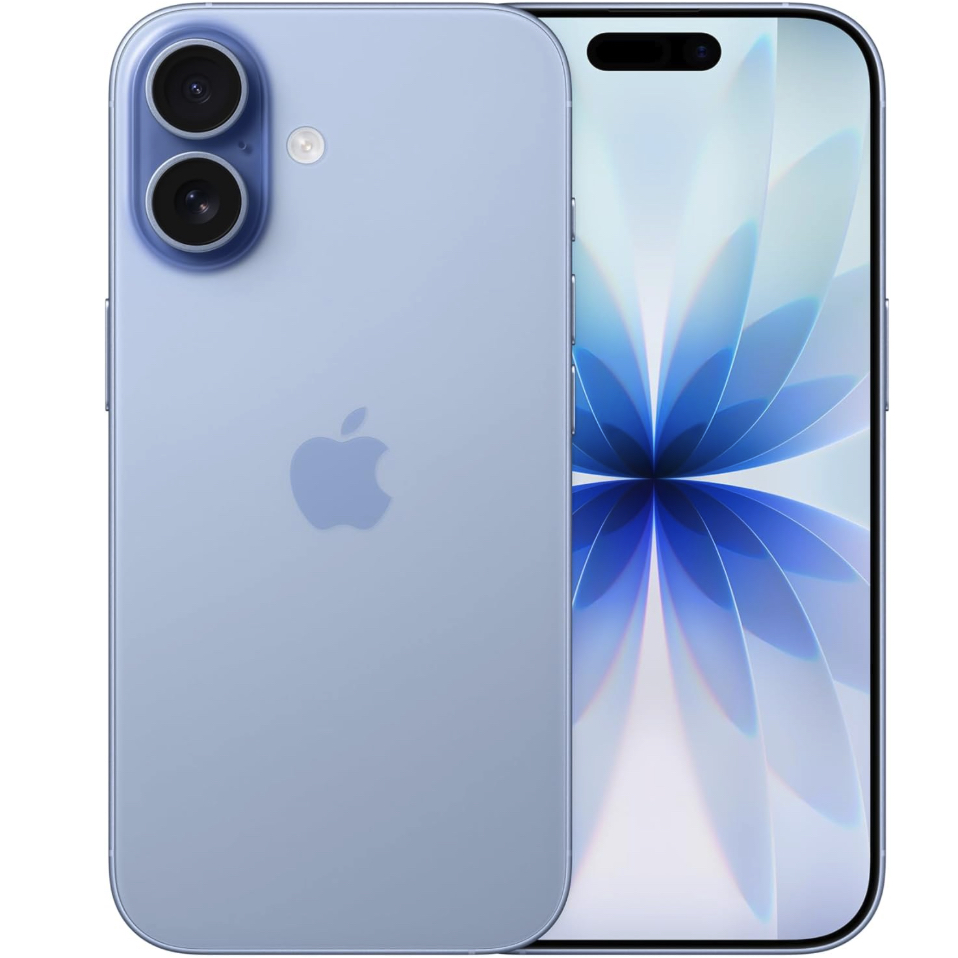
The iPhone 17 finally catches up with Android by having a 120Hz refresh rate. This makes all the difference, as does its upgraded ultra-wide and selfie cameras, while performance improvements are also appreciated.
Pros
- A 120Hz refresh rate
- New cameras
- Very powerful
Cons
- No change to design
- Same RAM as before
- Bigger and heavier than iPhone 16
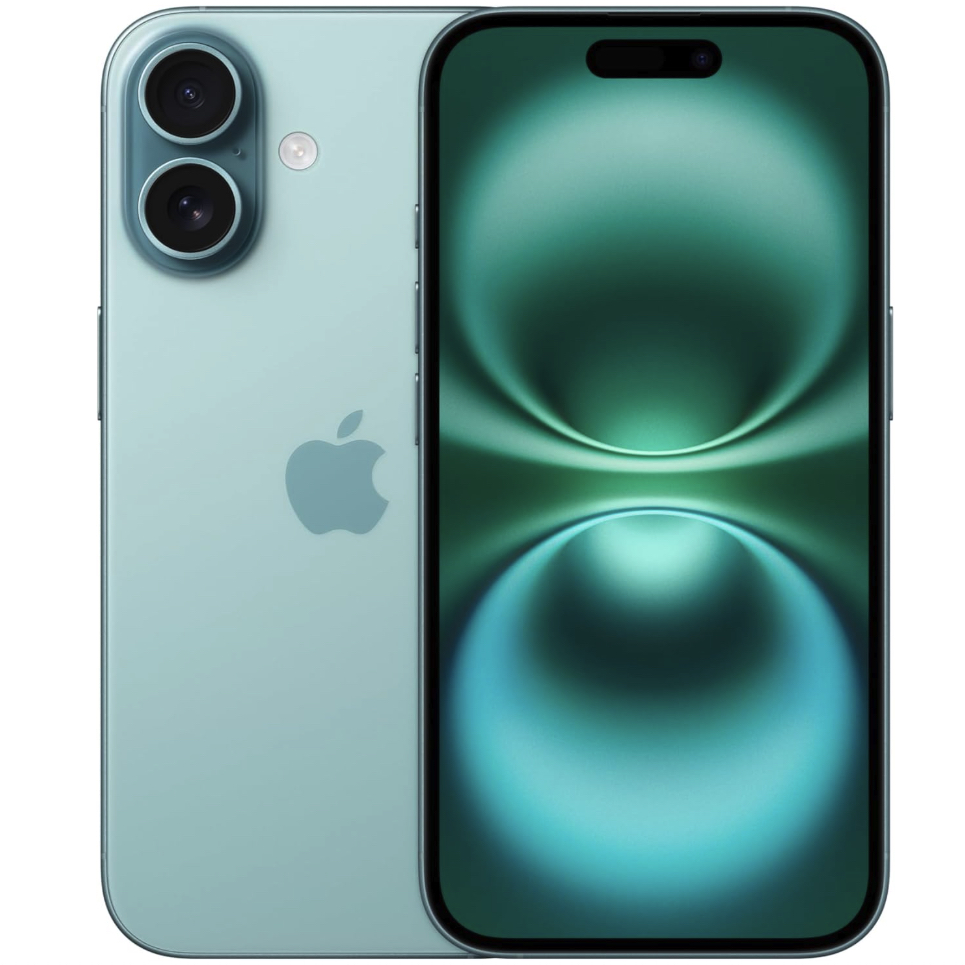
The iPhone 16 is a step down from the iPhone 17 in most ways, notably its cameras and refresh rate. But it's also cheaper, smaller, and lighter, so it could remain a very appealing option for some buyers.
Pros
- Lower price
- Same great main camera
- All-day battery life
Cons
- Only 60Hz
- Older chipset
- Dated ultra-wide sensor
The iPhone 17 is Apple’s entry-level iPhone model for 2025, but it has had some notable upgrades from last year’s base model, including a few we’ve waited years for – such as a 120Hz-refresh-rate screen.
On the other hand, quite a few things are the same or similar to last year, so this isn’t a complete overhaul.
So, has enough been done to justify a purchase? Or should you stick with the iPhone 16? Below, you’ll find a closer look at how these two phones compare, to help you decide.
iPhone 17 vs iPhone 16: specs comparison
Before we do a deep dive into the specs and features of these phones, the chart below has a brief overview of their key specs, so you can see how they stack up at a glance.
| Header Cell - Column 0 | iPhone 17 | iPhone 16 |
|---|---|---|
Dimensions and weight: | 149.6 x 71.5 x 8mm and 177g | 147.6 x 71.6 x 7.8mm and 170g |
Display: | 6.3-inch 120Hz | 6.1-inch 60Hz |
Peak brightness: | 3,000 nits | 2,000 nits |
Chipset: | A19 | A18 |
RAM: | 8GB | 8GB |
Rear cameras: | 48MP wide, 48MP ultra-wide | 48MP wide, 12MP ultra-wide |
Front camera: | 18MP | 12MP |
Battery: | 3,692mAh | 3,561mAh |
Storage: | 256GB, 512GB | 128GB, 256GB, 512GB |
iPhone 17 vs iPhone 16: price and availability
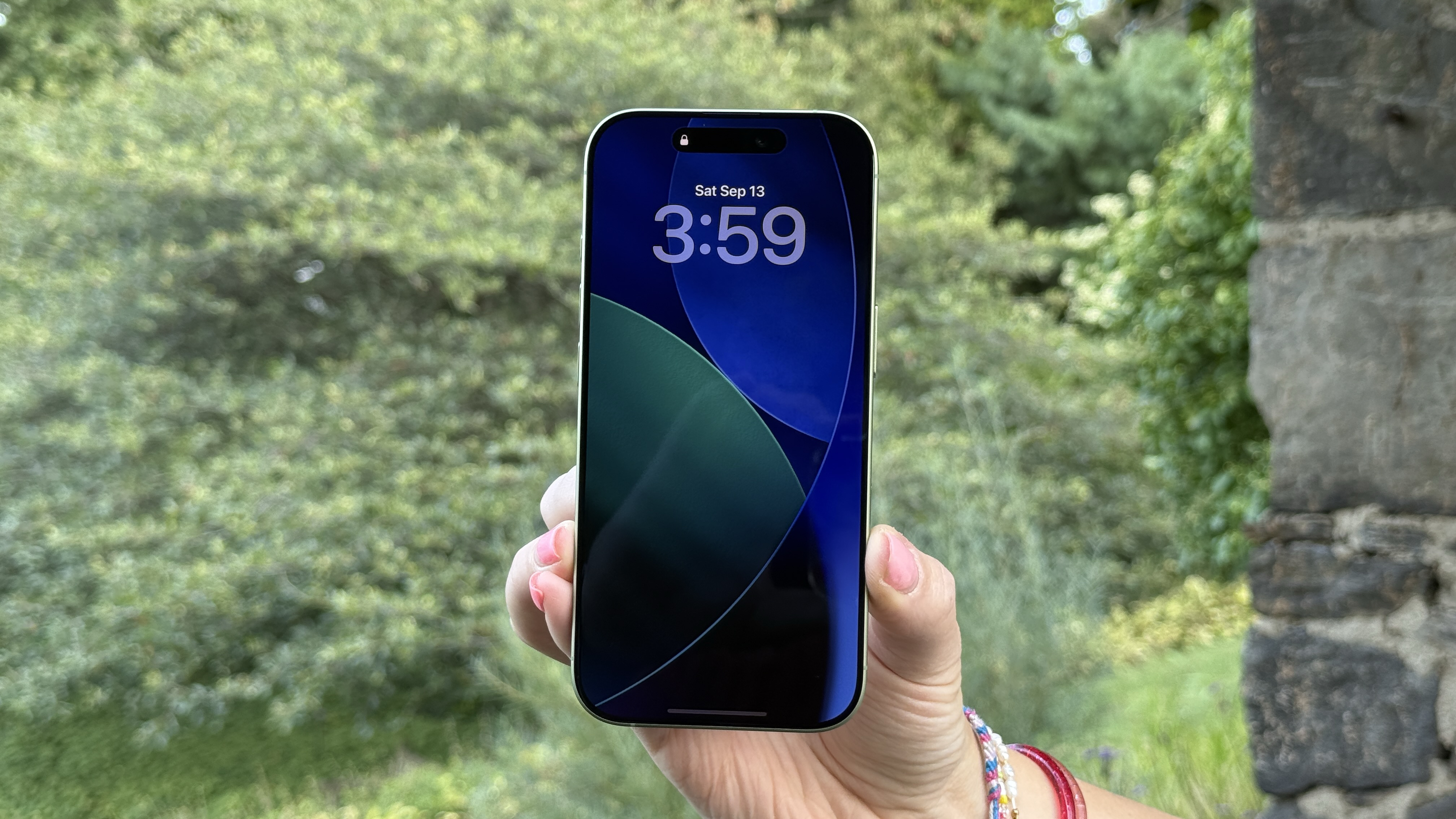

The iPhone 17 shipped on September 19, 2025, and it’s widely available around the world. The iPhone 16 launched at a similar time in 2024 and is also widely available, as Apple still sells it.
As for the prices, the iPhone 17 starts at $799 / £799 / AU$1,399, for which you’ll get a model with 256GB of storage. There’s also a 512GB version for $999 / £999 / AU$1,799.
The iPhone 16 used to start at the same $799 / £799 / AU$1,399 price, but since the launch of the iPhone 17 it has dropped to $699 / £699 / AU$1,249. However, that’s with just 128GB of storage, so you’re getting half as much as the iPhone 17 starts with.
Sign up for breaking news, reviews, opinion, top tech deals, and more.
There used to also be a 256GB model of the iPhone 16 for $899 / £899 / AU$1,599 and a 512GB one for $1,099 / £1,099 / AU$1,949, but these have been discontinued.
Winner: iPhone 16 – unless you need the extra storage
iPhone 17 vs iPhone 16: design
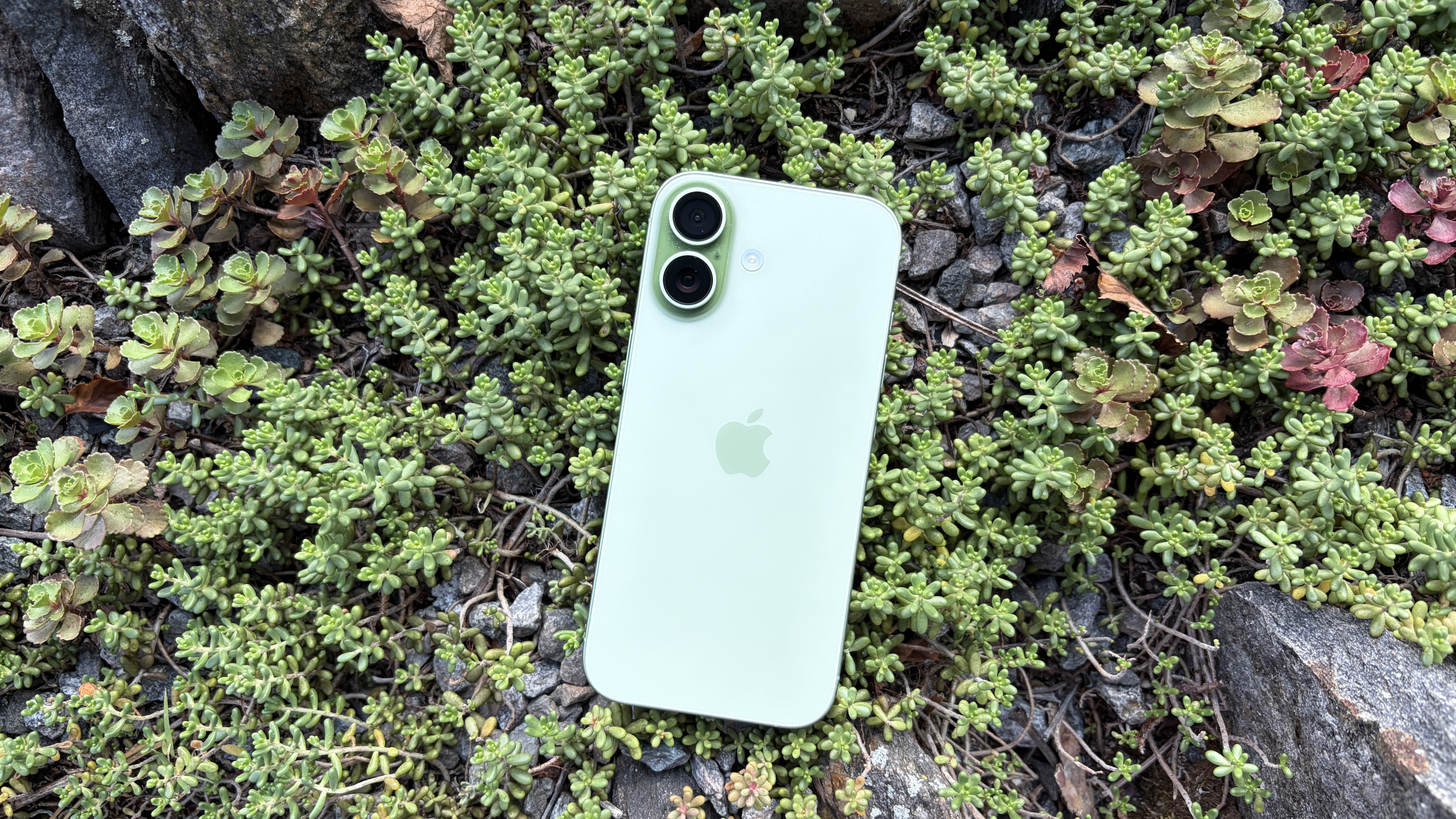
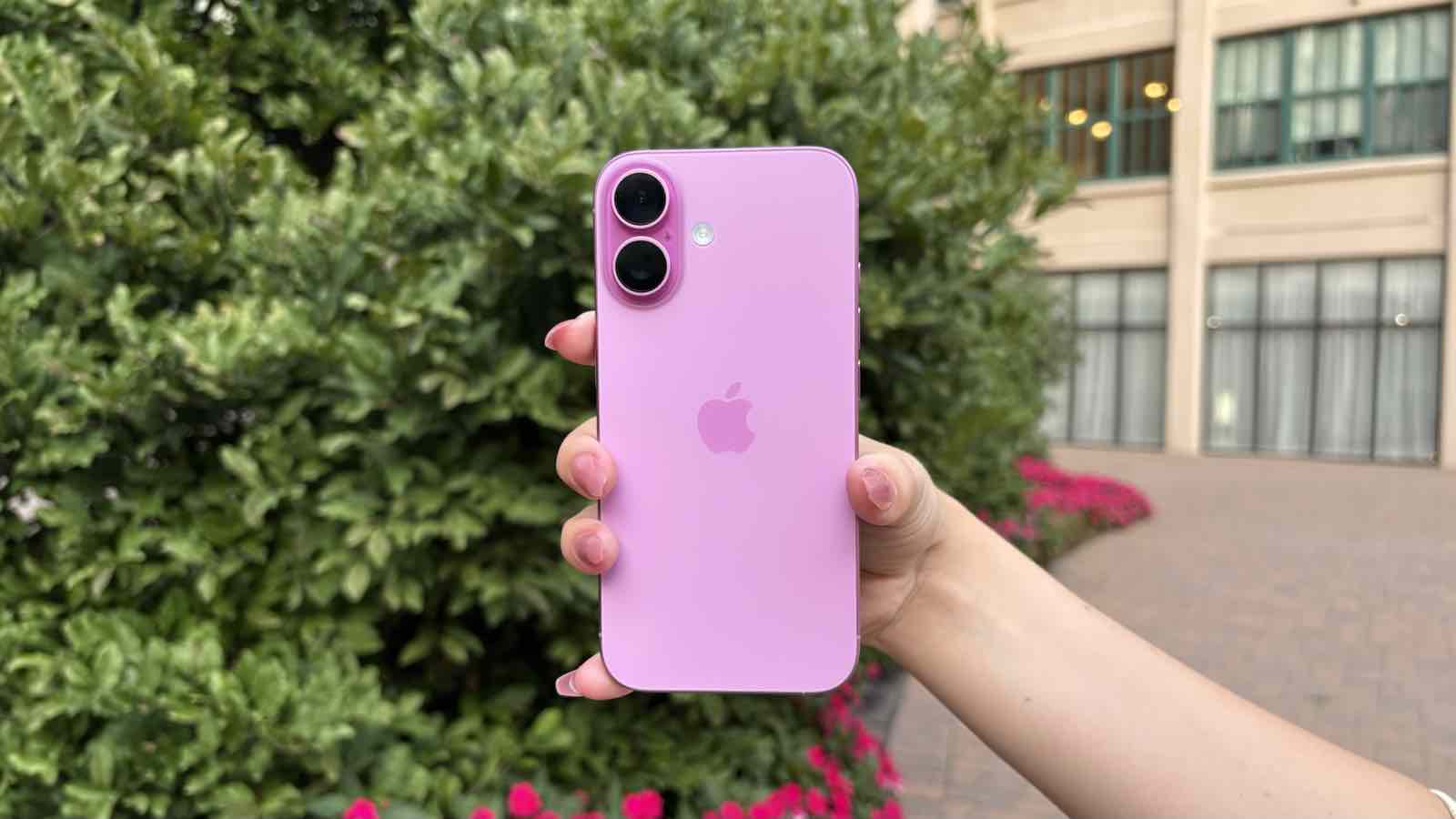
While most of the iPhone 17 series has undergone a redesign, the iPhone 17 itself is very similar to the iPhone 16, with both phones having a glass back housing a dual-lens camera.
Both also have an aluminum frame, a flat screen with a Dynamic Island cut-out at the top, an Action button, a Camera Control button, and an IP68 rating for water and dust resistance.
So what’s different? Well the available colors differ a bit, with the iPhone 17 being sold in Black, White, Mist Blue, Sage, and Lavender, while the iPhone 16 is available in Black, White, Pink, Teal, and Ultramarine.
The iPhone 17 also uses Ceramic Shield 2 on its screen, which supposedly offers three times better scratch resistance than the original Ceramic Shield on the iPhone 16’s display.
And their weights and dimensions differ slightly – the iPhone 17 is 149.6 x 71.5 x 8mm and 177g, while the iPhone 16 is 147.6 x 71.6 x 7.8mm and 170g. So the new phone is slightly taller, thicker, and heavier.
Winner: iPhone 17 on account of the Ceramic Shield 2
iPhone 17 vs iPhone 16: display
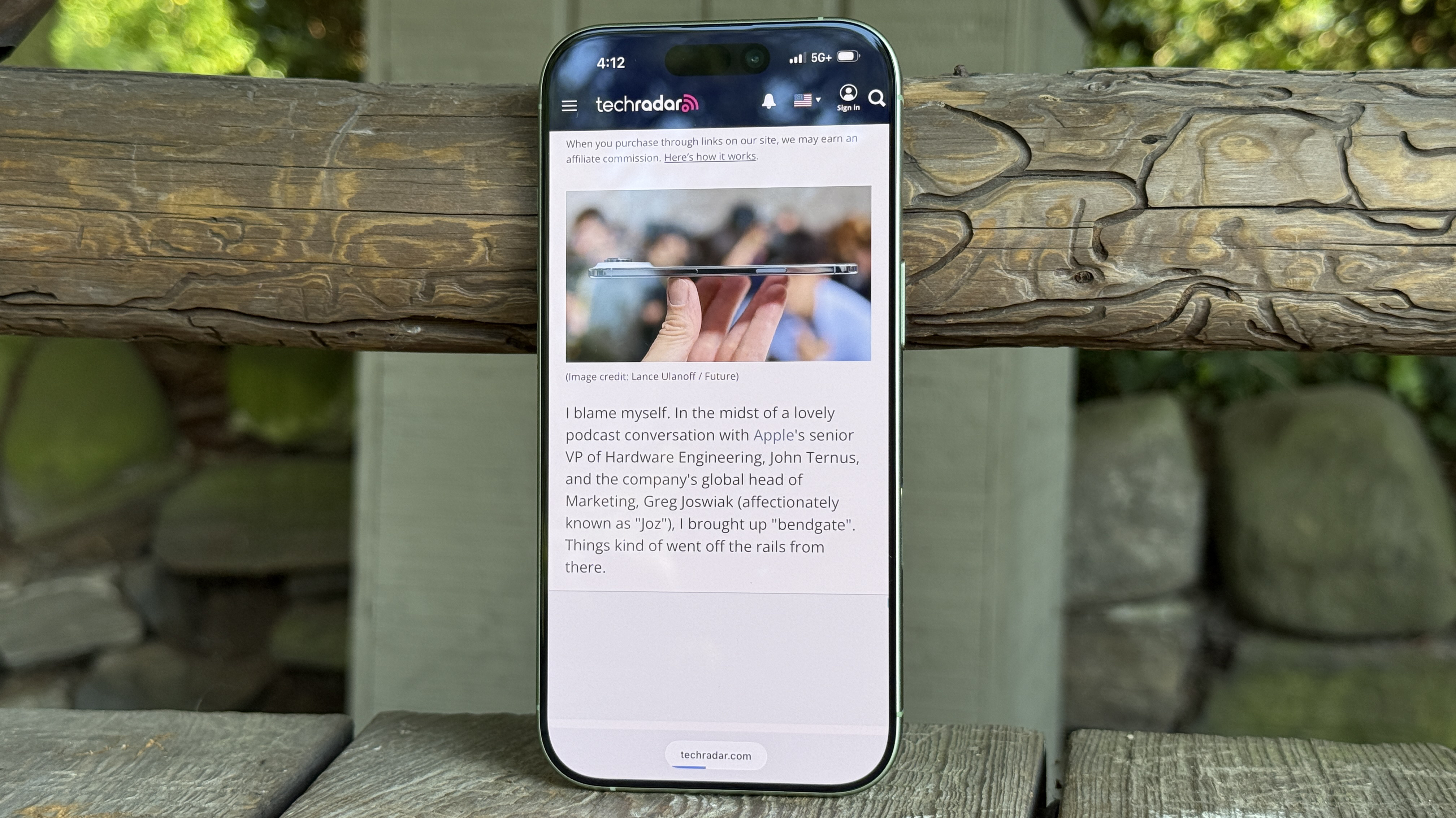
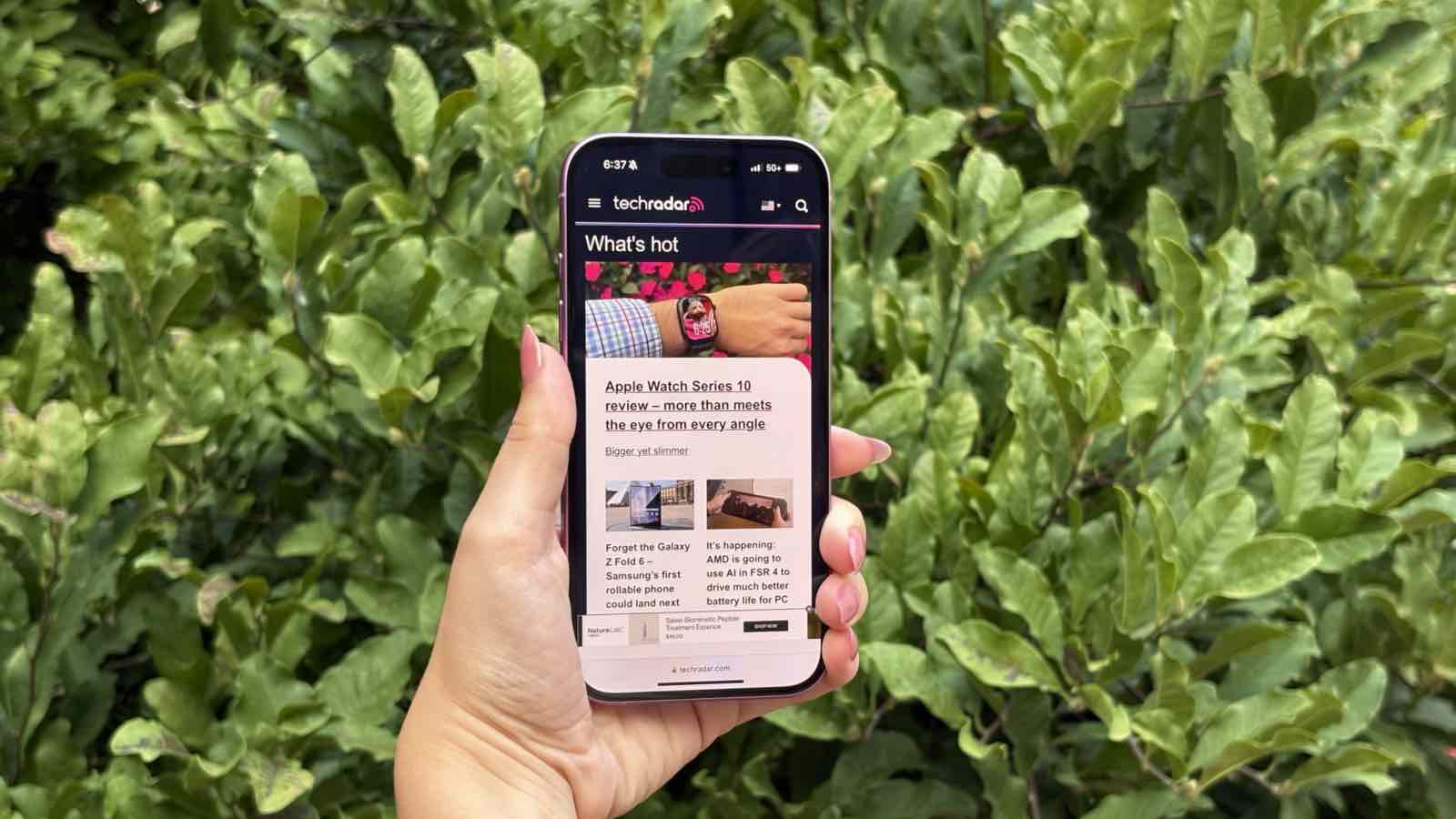
More has been changed with the iPhone 17’s screen, as this phone has a 6.3-inch 1206 x 2622 OLED display with 460 pixels per inch, a 120Hz refresh rate, and a peak brightness of 3,000 nits.
The iPhone 16 on the other hand has a 6.1-inch 1179 x 2556 OLED screen with 460 pixels per inch, a 60Hz refresh rate, and a peak brightness of 2,000 nits.
So the iPhone 17’s screen is bigger, has a much higher refresh rate – which our iPhone 17 review described as a “really nice upgrade” – and can get significantly brighter. Its refresh rate can also drop much lower than the iPhone 16’s when a high refresh rate isn’t needed, which means it can support always-on display too, which the iPhone 16 doesn’t.
This all adds up to a sizeable upgrade for the iPhone 17 on the display front – in fact it's one of its biggest advantages over the older model.
Winner: iPhone 17
iPhone 17 vs iPhone 16: cameras
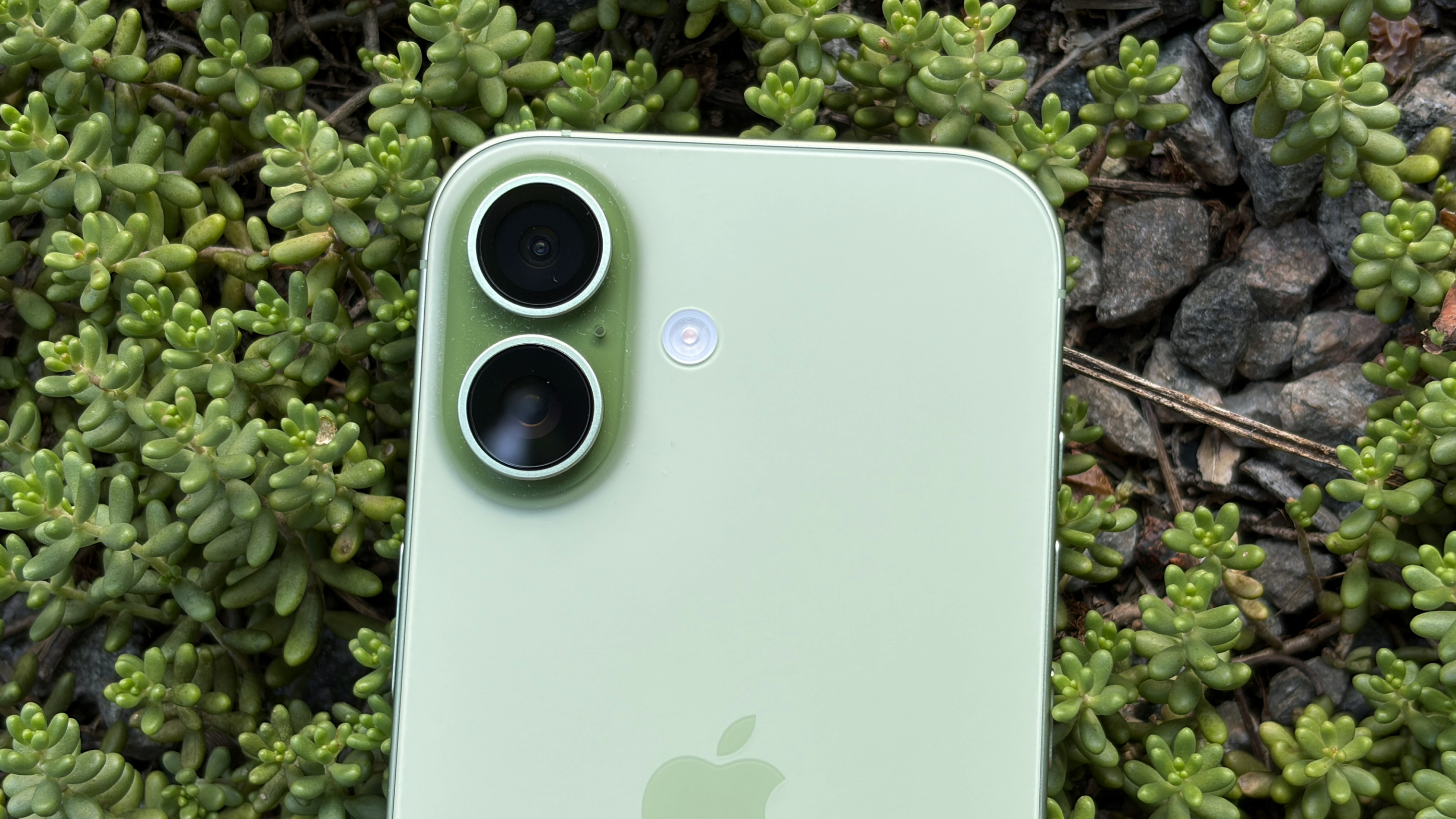
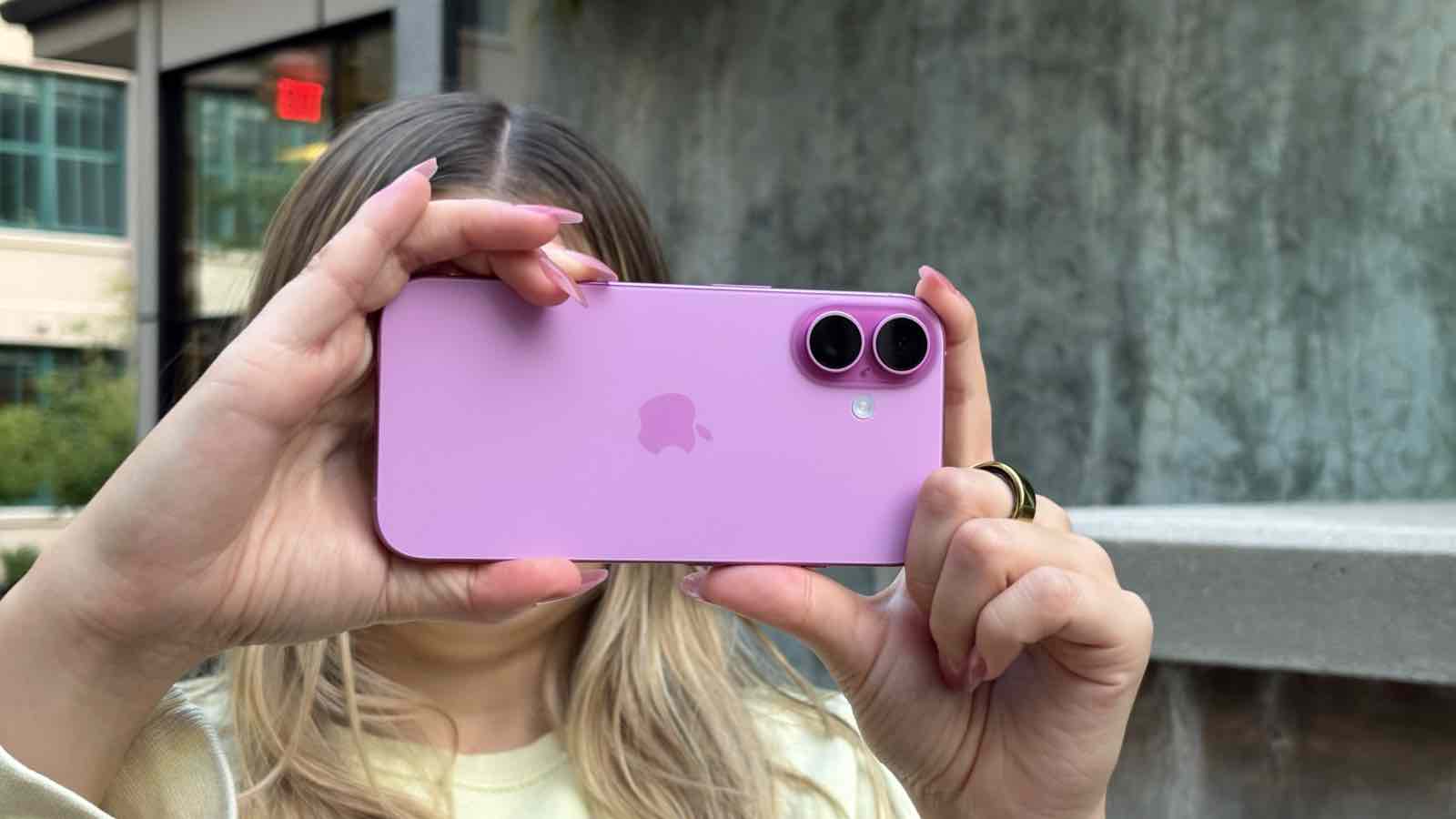
The iPhone 17 also has some upgraded cameras, as it’s packing a 48MP f/1.6 main sensor, a 48MP f/2.2 ultra-wide (with a 120-degree field of view), and an 18MP f/1.9 front-facing camera with Center Stage. The latter feature means you can take photos in portrait or landscape without physically turning the phone.
The iPhone 16 has the same 48MP f/1.6 main camera, but it then has a 12MP f/2.2 ultra-wide (with a 120-degree field of view), and a 12MP f/1.9 front-facing camera (without Center Stage). So its ultra-wide and selfie cameras are less capable.
However, both phones can record video in up to 4K quality at up to 60fps, or in 1080p at up to 240fps.
Our iPhone 17 review praised its cameras, describing them as “excellent” and “plenty versatile”, so this is one element that’s well worth considering an iPhone 17 for.
Winner: iPhone 17
iPhone 17 vs iPhone 16: performance and software
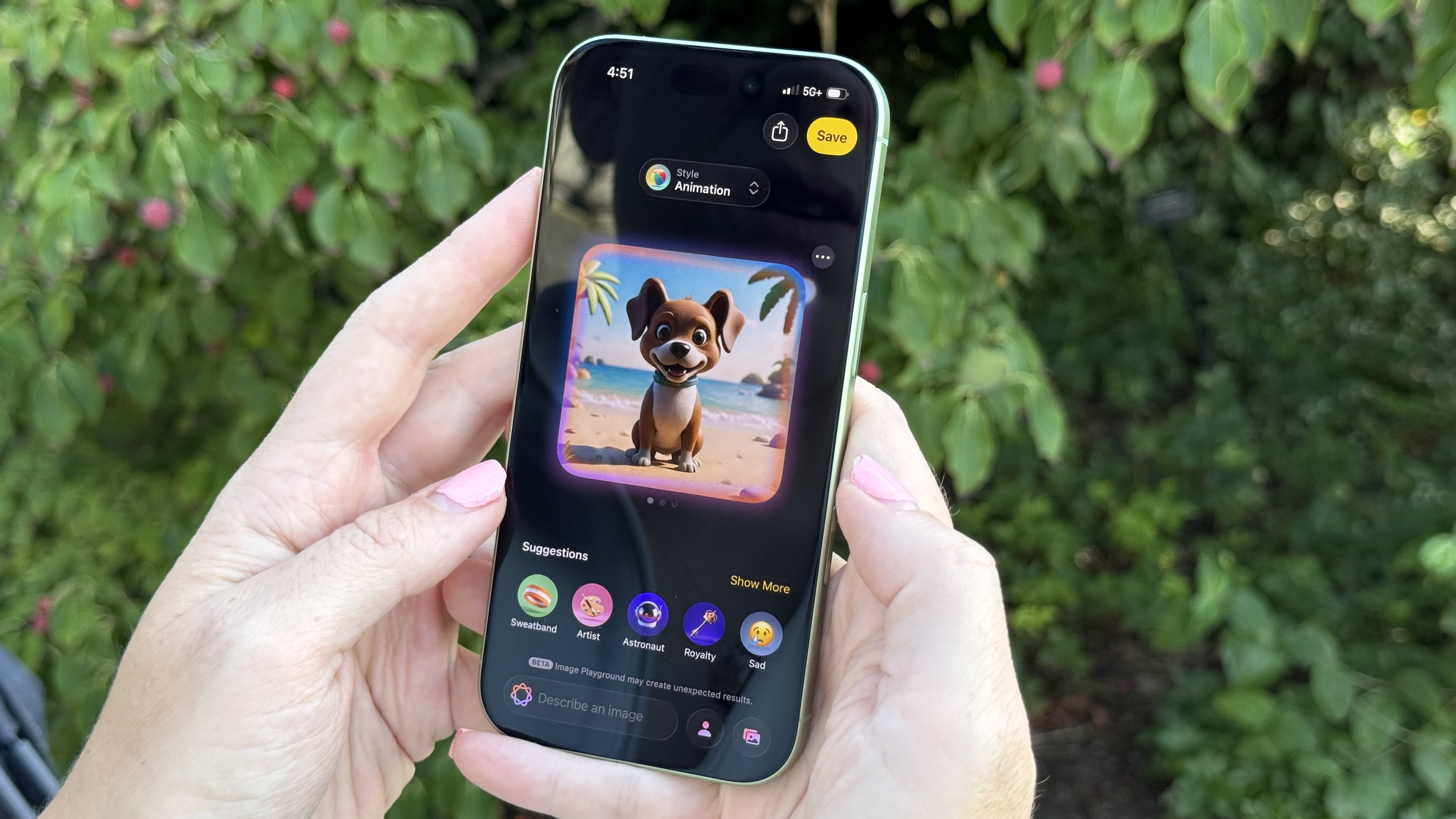
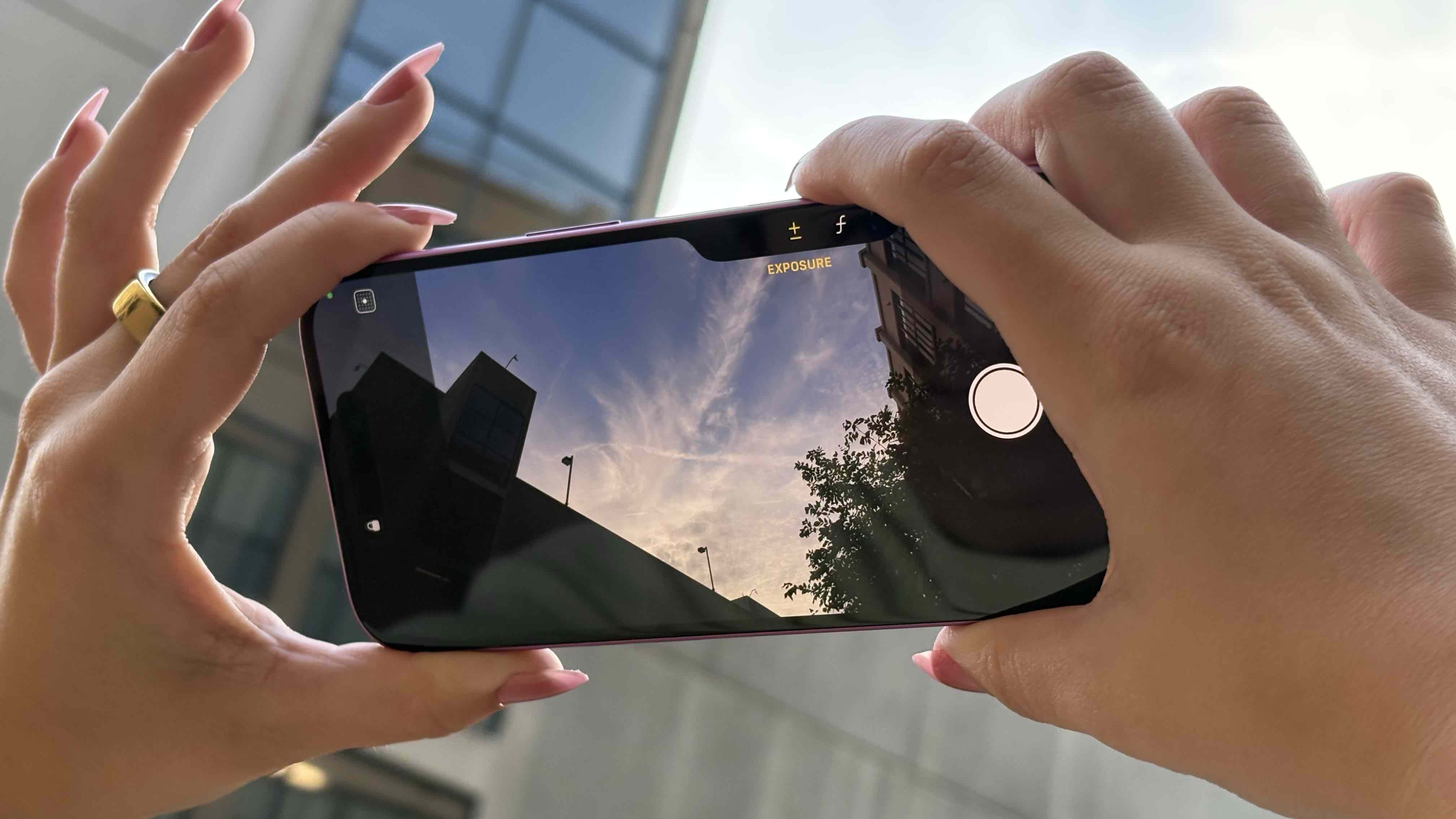
The iPhone 17 is also a more powerful phone than the iPhone 16, with a new A19 chipset in place of its predecessor’s A18. That change delivers “great performance” according to our iPhone 17 review, though both phones have 8GB of RAM, and the iPhone 16 remains a speedy handset – so consider whether you actually need all the extra power in the iPhone 17.
Both phones also run iOS 26, though being new, the iPhone 17 will probably be supported with software updates for longer.
Winner: iPhone 17
iPhone 17 vs iPhone 16: battery
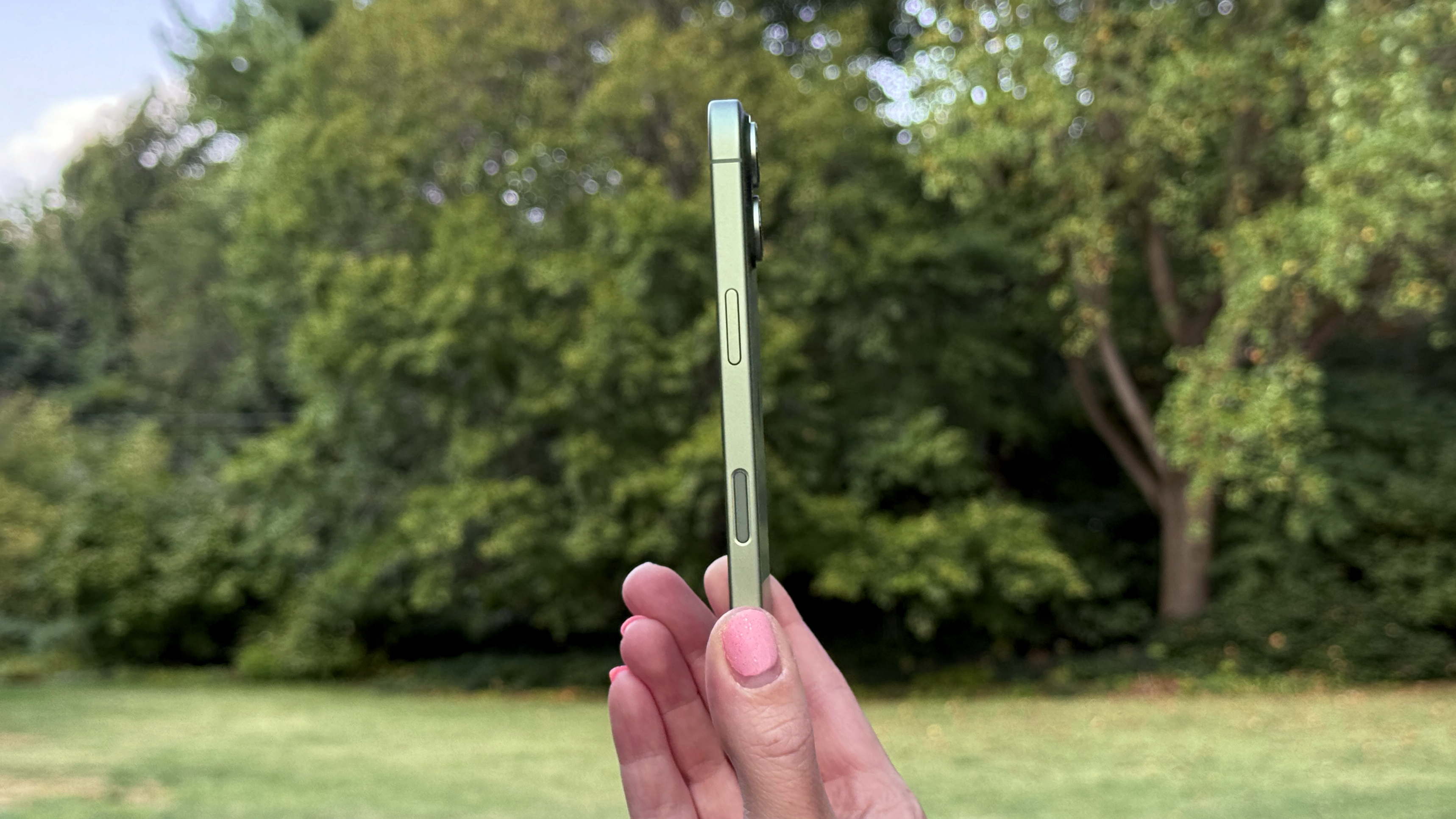
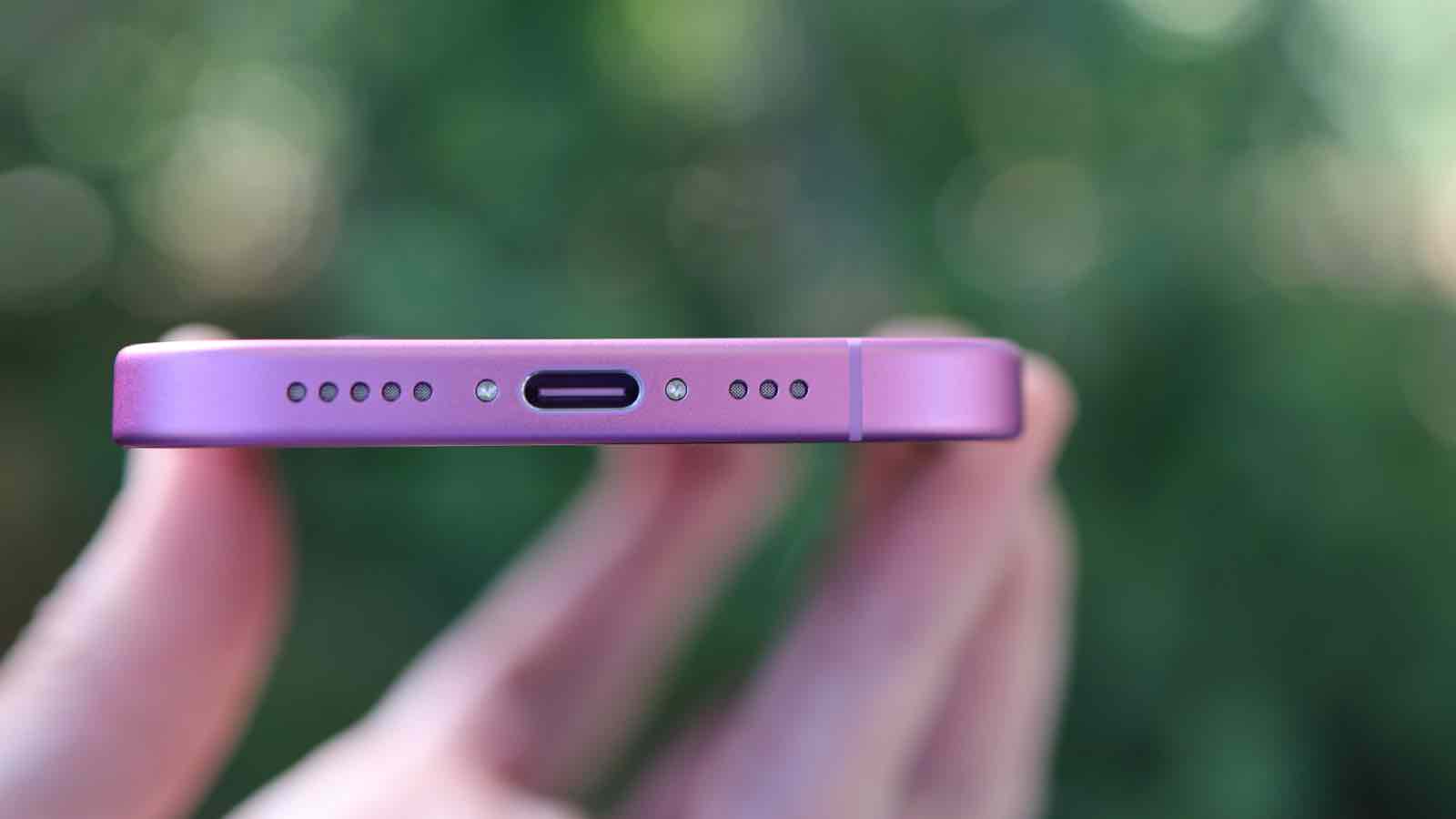
Finally, we come to the battery, and that’s been upgraded for the iPhone 17 too. This phone has a 3,692mAh one, which is up from 3,561mAh in the iPhone 16. Of course, it also has a bigger screen to power, and neither capacity is especially large.
So how’s the life? Well, Apple claims the iPhone 17 can last for up to 30 hours of video playback, while the iPhone 16 is only rated for 22. So that’s a huge eight-hour difference. However our iPhone 17 review didn’t see much change, stating that “it can still last all day, but no major improvement.” So take Apple’s claims with a pinch of salt.
Either way, charging speeds should be slightly higher with the new phone, as Apple claims you can juice the iPhone 17 up to 50% in around 20 minutes (if using a 40W or higher charger), while the iPhone 16 will take around 30 minutes to reach the same charge level.
Winner: iPhone 17
iPhone 17 vs iPhone 16: verdict
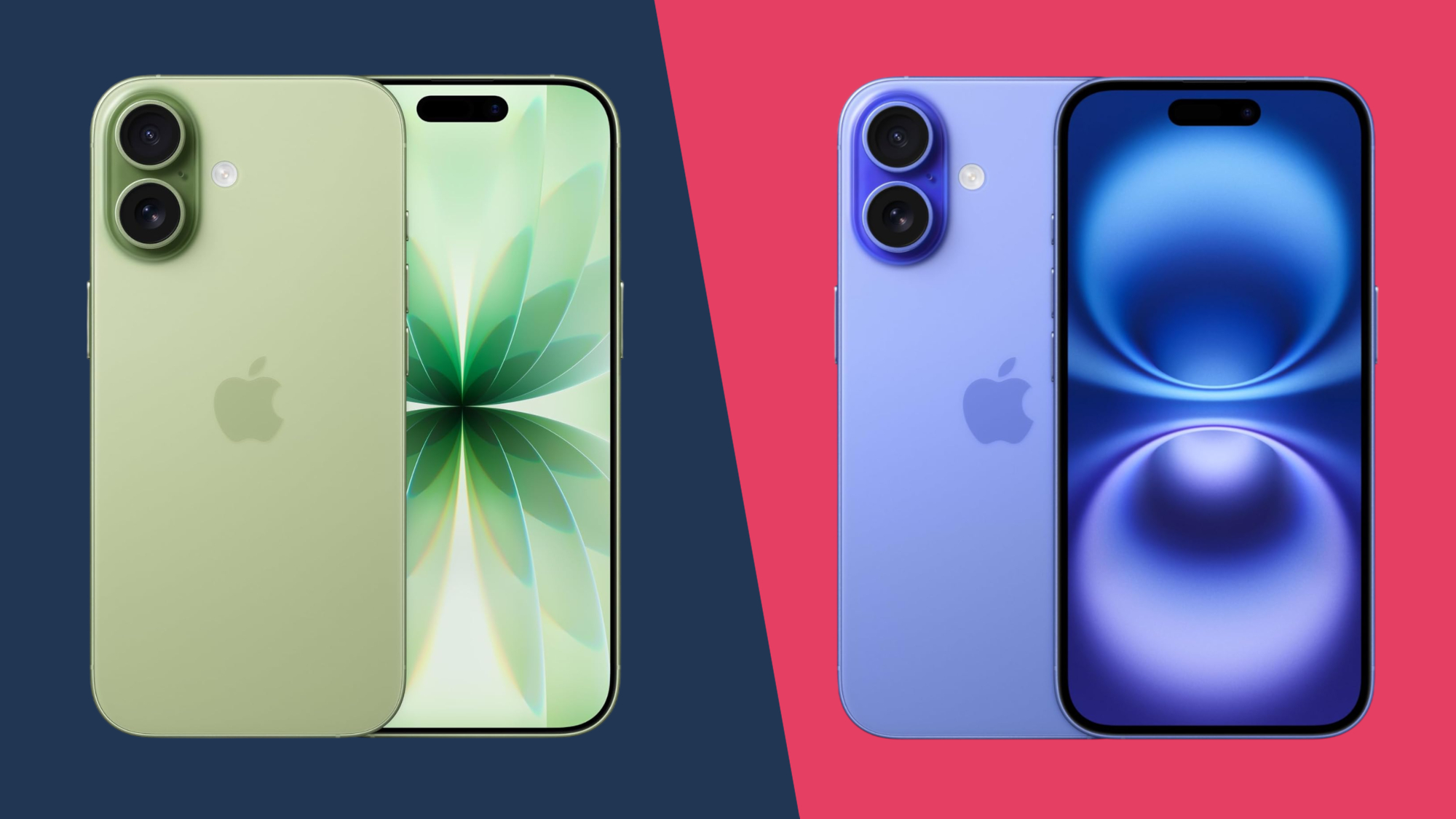
As you'd expect, the iPhone 17 wins in almost every category, but some upgrades are more significant than others.
On the screen and cameras front, at least, there are big reasons to choose the newer phone; with the former, you’re finally getting a 120Hz refresh rate and an always-on display, plus the screen is bigger and brighter than before. With the latter, the ultra-wide and front-facing cameras have both been substantially improved.
Beyond that, the iPhone 17 also has a bigger battery, faster charging, more power, and better scratch resistance. Plus, you get double the storage for the same price as the iPhone 16 launched at – though the iPhone 16 is cheaper now.
Beyond its lower price, the only real on-paper upside to the iPhone 16 is that it’s slightly smaller and lighter. So if a compact phone matters to you, that’s worth factoring in. But in most ways that matter, the iPhone 17 looks to match or beat it.
You might also like
James is a freelance phones, tablets and wearables writer and sub-editor at TechRadar. He has a love for everything ‘smart’, from watches to lights, and can often be found arguing with AI assistants or drowning in the latest apps. James also contributes to 3G.co.uk, 4G.co.uk and 5G.co.uk and has written for T3, Digital Camera World, Clarity Media and others, with work on the web, in print and on TV.
You must confirm your public display name before commenting
Please logout and then login again, you will then be prompted to enter your display name.